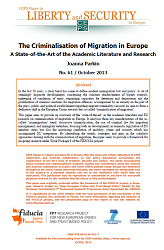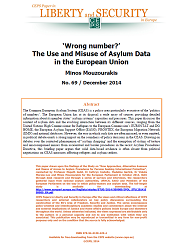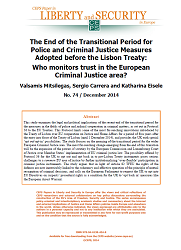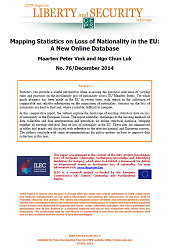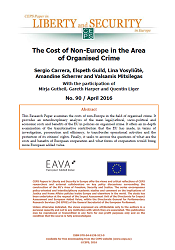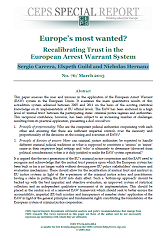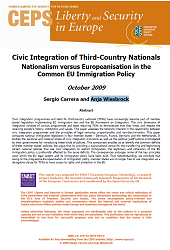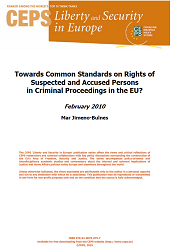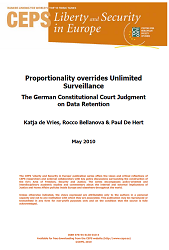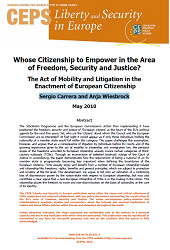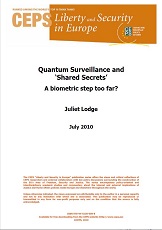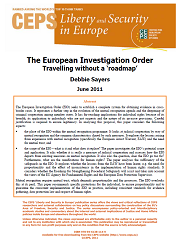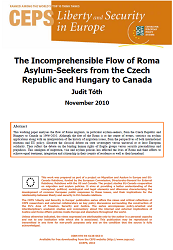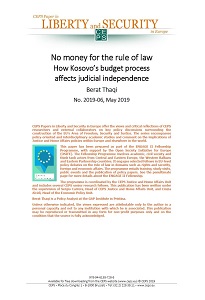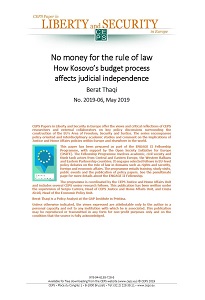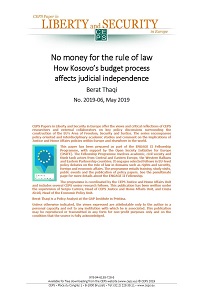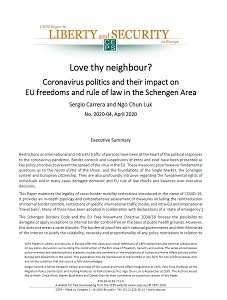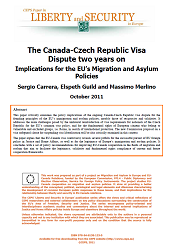
The Canada-Czech Republic Visa Dispute two years on Implications for the EU’s Migration and Asylum Policies
The Canada-Czech Republic Visa Dispute two years on Implications for the EU’s Migration and Asylum Policies
Keywords: Canada-Czech Republic Visa Dispute; EU's Migration and asylum policies; fundamental rights of European citizens;
This paper critically examines the policy implications of the ongoing Canada-Czech Republic visa dispute for the founding principles of the EU’s immigration and asylum policies, notably those of reciprocity and solidarity. It addresses the main challenges posed by the unilateral reintroduction of visa requirements for nationals of the Czech Republic for the EU’s common visa policy, and for the fundamental rights of European citizens who belong to vulnerable and excluded groups, i.e. Roma, in search of international protection. The new Commission proposal on avisa safe guard clause for suspending visa liberalisation will be also critically examined in this context. The paper argues that the EU-Canada visa controversy reveals several pitfalls for the successful pursuit of EU foreign policy in Justice and Home Affairs, as well as for the legitimacy of Europe’s immigration and asylum policies. It concludes with a set of policy recommendations for improving EU-Canada cooperation in the fields of migration and asylum that aim to facilitate the legitimacy, solidarity and fundamental rights compliance of current and future cooperation frameworks.
More...

